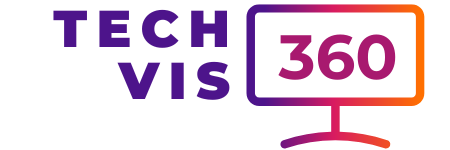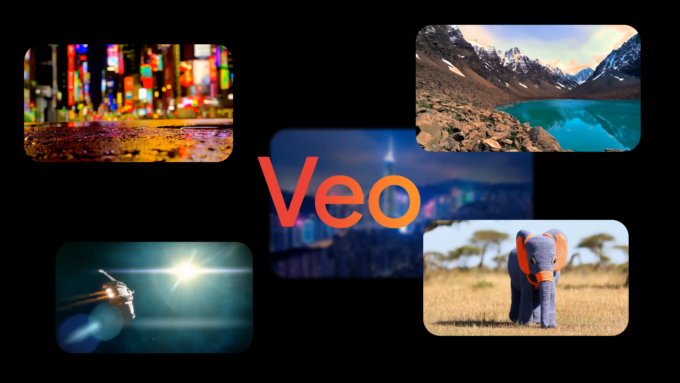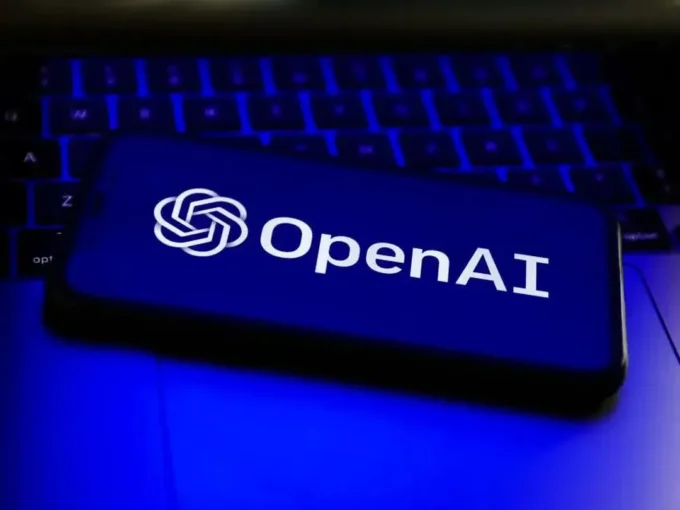The relentless pace of innovation in artificial intelligence shows no signs of slowing, and Google continues to be a driving force. Their latest offering, Gemini 2.0, represents a significant leap forward, heralding what many are calling the “agentic era” of AI. TechVis360 takes a deep dive into this groundbreaking model, exploring its architecture, capabilities, potential applications, and broader implications for the tech landscape.
Table of Contents
The Agentic Era: Redefining Human-Computer Interaction
Before examining Gemini 2.0 itself, it’s essential to understand the concept of the “agentic era.” Traditional AI systems are primarily reactive, responding to explicit instructions. Agentic AI, in contrast, exhibits a degree of autonomy, anticipating user needs, adapting to dynamic environments, and even proactively initiating actions to achieve specific goals. This shift transforms AI from a passive tool to a proactive collaborator, augmenting human capabilities in unprecedented ways.
Gemini 2.0: A Multimodal Powerhouse
Gemini 2.0 is a testament to Google’s advanced research and development in AI. This multimodal model is engineered to seamlessly process and integrate diverse data modalities, including text, images, audio, video, and code. This inherent versatility enables Gemini 2.0 to handle complex tasks requiring a holistic understanding of the input data.
Key Technical Features and Capabilities:
- Advanced Multimodal Fusion: Gemini 2.0’s ability to synthesize information from disparate sources allows it to tackle complex tasks requiring a comprehensive input grasp. For example, it can analyze an image, interpret accompanying text, and generate a coherent response that integrates both modalities. This is a key differentiator from previous generation models.
- Enhanced Reasoning and Inferential Capabilities: Leveraging sophisticated algorithms and a vast knowledge base, Gemini 2.0 demonstrates impressive reasoning and problem-solving skills. It can infer implicit information, identify patterns, and draw insightful conclusions, making it suitable for complex decision-making processes.
- Proactive Assistance and Predictive Anticipation: AI’s ability to anticipate user needs is a defining characteristic of the agentic era. Gemini 2.0 is designed to proactively offer assistance, suggest relevant information, and even initiate actions based on contextual cues and learned user behavior.
- Continuous Iterative Learning and Dynamic Adaptation: Unlike static models, Gemini 2.0 is designed for continuous learning and adaptation. This dynamic learning capability ensures the model remains relevant and effective in the face of evolving information and user interactions.
Potential Applications Across Industries:
The potential impact of Gemini 2.0 is far-reaching:
- Next-Gen Customer Experience: Gemini 2.0 can revolutionize customer service by providing personalized, proactive, and context-aware support across multiple channels, potentially automating complex customer journeys.
- Personalized Learning Platforms: In education, Gemini 2.0 could power personalized tutoring systems that adapt to individual learning styles and provide targeted feedback, enhancing educational outcomes.
- Advanced Healthcare Diagnostics and Treatment: Gemini 2.0 can assist healthcare professionals in analyzing complex medical data, potentially aiding in more accurate diagnoses, personalized treatment plans, and drug discovery.
- Accelerated Scientific Research and Development: By analyzing massive datasets and identifying complex patterns, Gemini 2.0 can accelerate scientific breakthroughs across various disciplines.
Gemini 2.0 Flash
Gemini 2.0 Flash not only delivers enhanced speed and performance compared to 1.5 Flash (and even outperforms 1.5 Pro in some areas), but also introduces exciting new features. It now supports multimodal outputs, such as generating images alongside text and creating steerable multilingual text-to-speech audio.

TechVis360 Analysis and Perspective:
Gemini 2.0 represents a significant step towards truly intelligent AI agents. Its multimodal capabilities and focus on proactive assistance position it as a potential game-changer across various industries. However, key challenges remain, including ensuring ethical development and deployment, addressing potential biases, and managing the societal impact of increasingly autonomous AI systems. TechVis360 will continue to monitor the evolution of Gemini 2.0 and its impact on the tech landscape.
Further Resources:
Visit Google’s Official Blog for More Detail: Gemini 2.0















Leave a comment